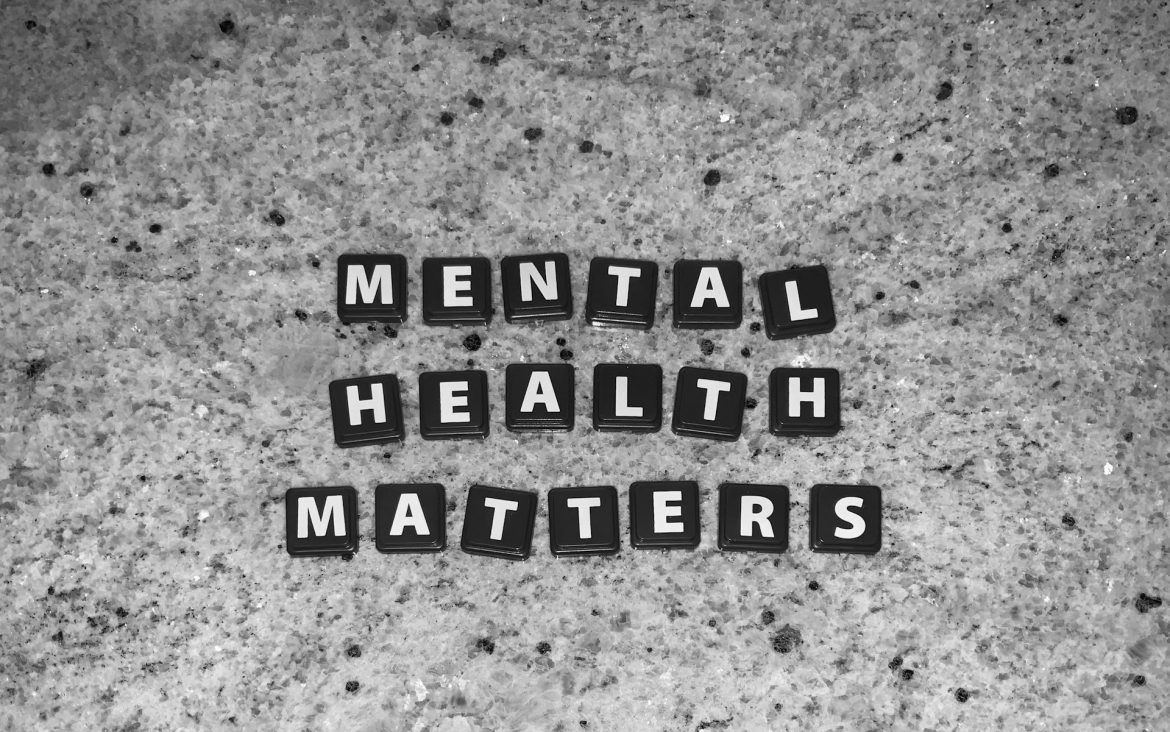In the bustling rhythm of our modern lives, where the cacophony of technology, obligations, and the pursuit of success often drowns the serenity of our inner selves, the art of mindfulness emerges not merely as a practice but as a vital necessity for mental health and well-being. This blog delves into the essence of mindfulness, its profound benefits for mental health, and practical ways to weave it into the fabric of our daily lives, aiming to ignite a transformation from within, leading to a more fulfilled and serene existence.
The Quintessence of Mindfulness
At its core, mindfulness is the quality of being present and fully engaged with whatever we’re doing at the moment — free from distraction or judgment, and aware of our thoughts and feelings without getting caught up in them. This ancient practice, rooted in Buddhist meditation, has transcended time and culture to become a pivotal tool in modern psychological therapy, particularly in combating the stresses and strains of contemporary life.
The Mental Health Panacea
The ripple effects of mindfulness on mental health are both vast and compelling. Research has consistently shown that engaging in mindfulness meditation can lead to significant improvements in a variety of psychological conditions, including anxiety, depression, and stress. By anchoring the mind in the present, mindfulness curtails the tendency to ruminate on the past or fret about the future, two common triggers of mental health disturbances.
- Stress Reduction: Mindfulness meditation has been shown to reduce the levels of cortisol, the stress hormone, thereby alleviating feelings of stress and anxiety.
- Enhanced Emotional Regulation: Regular mindfulness practice enhances the ability to control emotions, leading to improved handling of difficult situations and reducing the likelihood of emotional outbursts.
- Depression Mitigation: Studies suggest mindfulness can break the cycle of depressive episodes, making it a potent complementary therapy for traditional treatment methods.
- Boosted Cognitive Function: Mindfulness not only helps in reducing mental health issues but also contributes to improved cognitive functions like attention, concentration, and memory.
Incorporating Mindfulness into Daily Life
The beauty of mindfulness lies in its simplicity and accessibility. It doesn’t require special equipment or a significant time commitment; rather, it’s about weaving mindful moments into everyday activities to cultivate a more attentive, peaceful way of living.
- Mindful Breathing: Begin with the basics. Spend a few minutes each day focusing solely on your breath. Notice the sensation of air entering and leaving your nostrils, the rise and fall of your chest, and any thoughts or sensations that arise, gently bringing your attention back to your breath each time it wanders.
- Mindful Eating: Transform meals into a mindful experience by eating slowly and without distraction, savoring each bite, and paying attention to the flavors, textures, and sensations of your food.
- Mindful Walking: Turn ordinary walks into mindful journeys by focusing on the sensation of your feet touching the ground, the rhythm of your steps, and the sights, sounds, and smells around you.
- Mindful Listening: Engage in conversations with full presence, listening attentively without formulating responses in your mind while the other person is speaking. This not only enhances communication but also fosters deeper connections with others.
Overcoming Obstacles
Embarking on the mindfulness journey may present challenges, such as difficulty in focusing, impatience, or skepticism about its benefits. These hurdles are normal and can be overcome with persistence and gentle self-compassion. Remember, mindfulness is not about achieving perfection but about embracing the moment with an open heart and mind.
The Path Forward
As we integrate mindfulness into our lives, we may begin to notice subtle shifts — a greater sense of calm in the face of chaos, increased resilience against stress, and a deeper appreciation for the simple joys of life. These changes, though small at first, can cumulatively transform our mental landscape, leading to a more balanced, serene, and fulfilled existence.
In conclusion, mindfulness is more than just a practice; it’s a way of being. By cultivating presence, acceptance, and compassion, we not only enhance our own mental health but also contribute to a more mindful, empathetic world. Let us embrace this journey with an open heart, and let the transformative power of mindfulness unfold within us, one present moment at a time.

